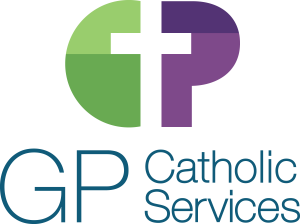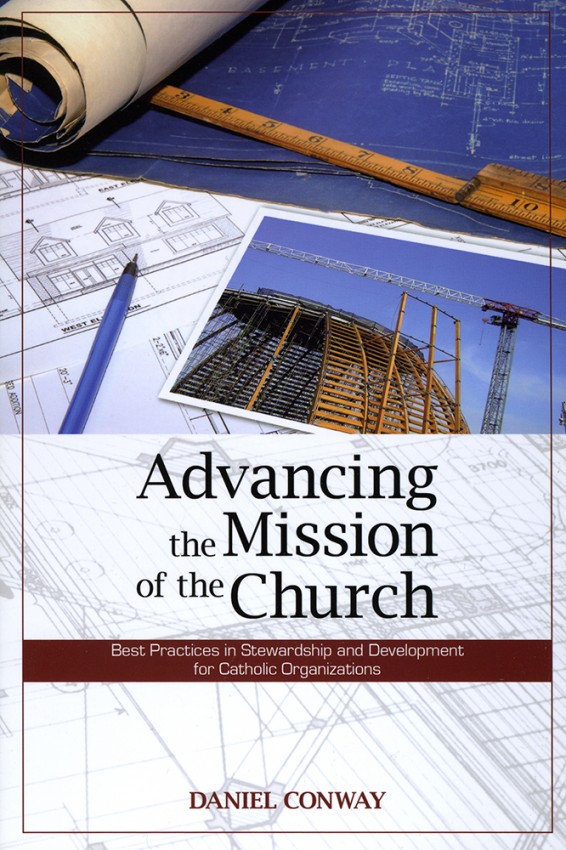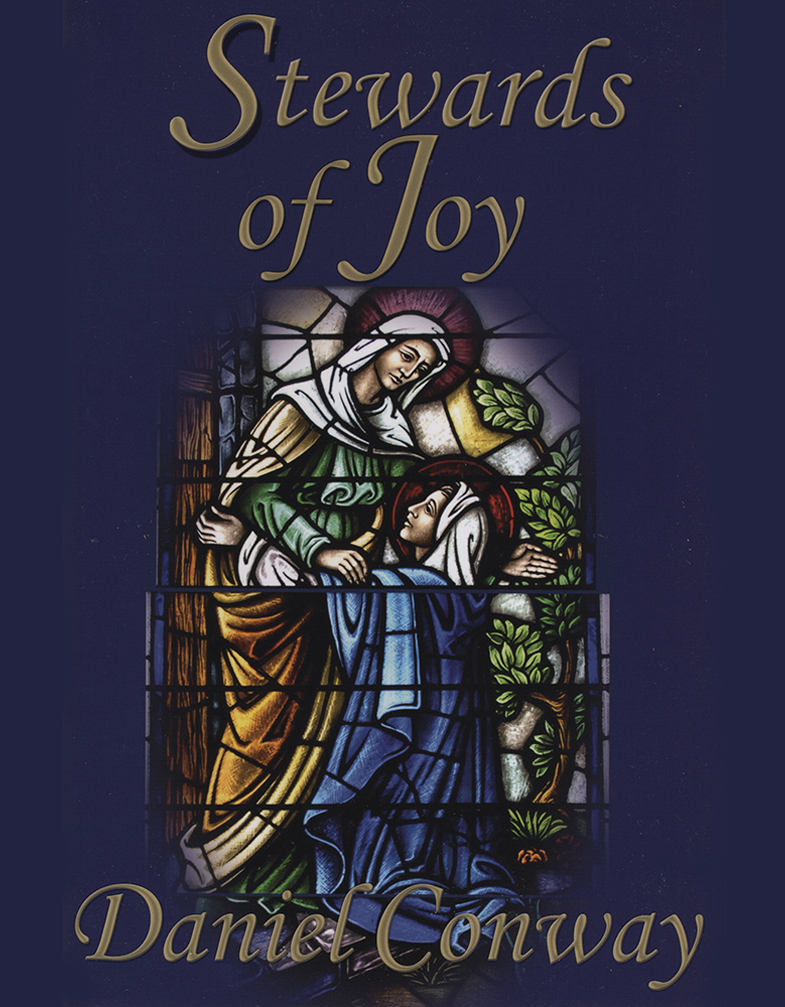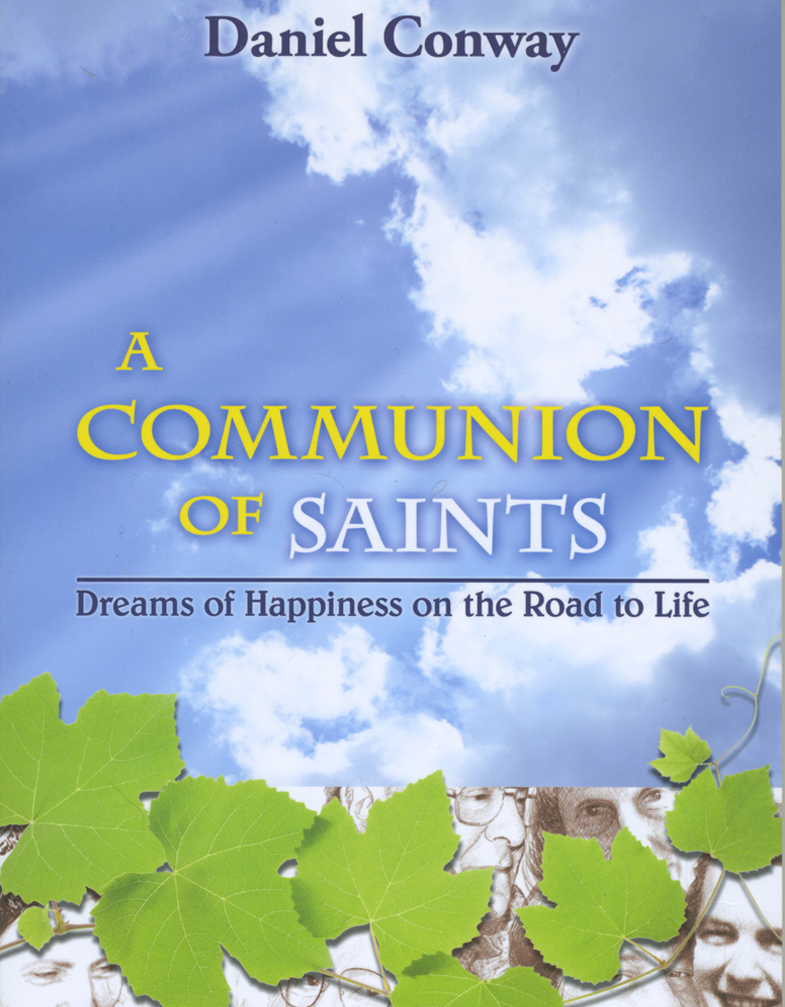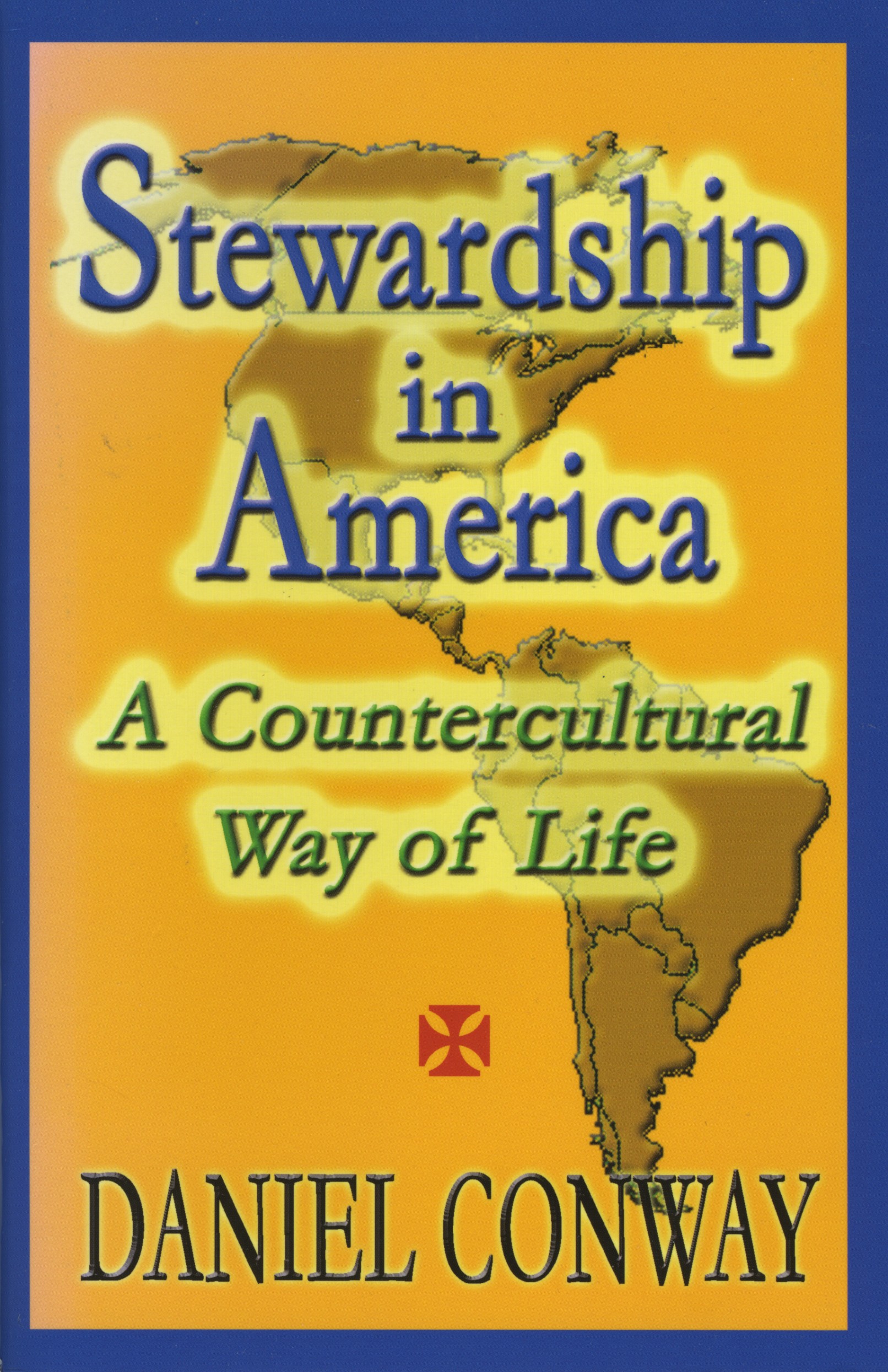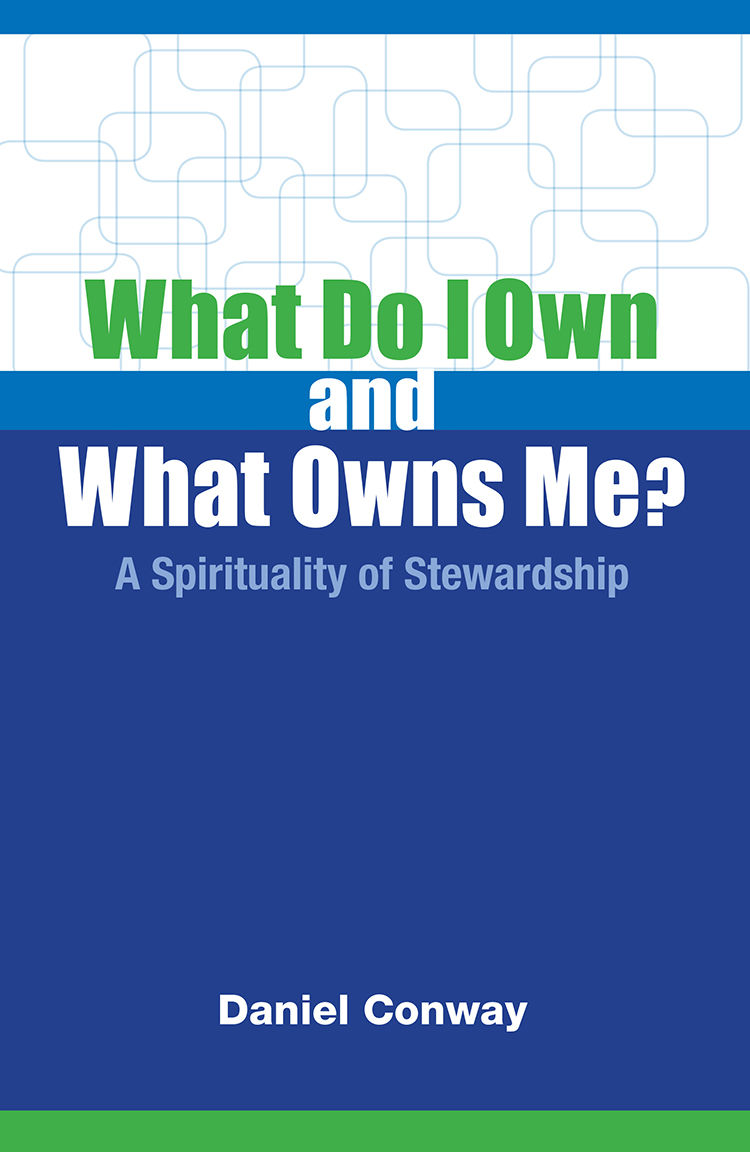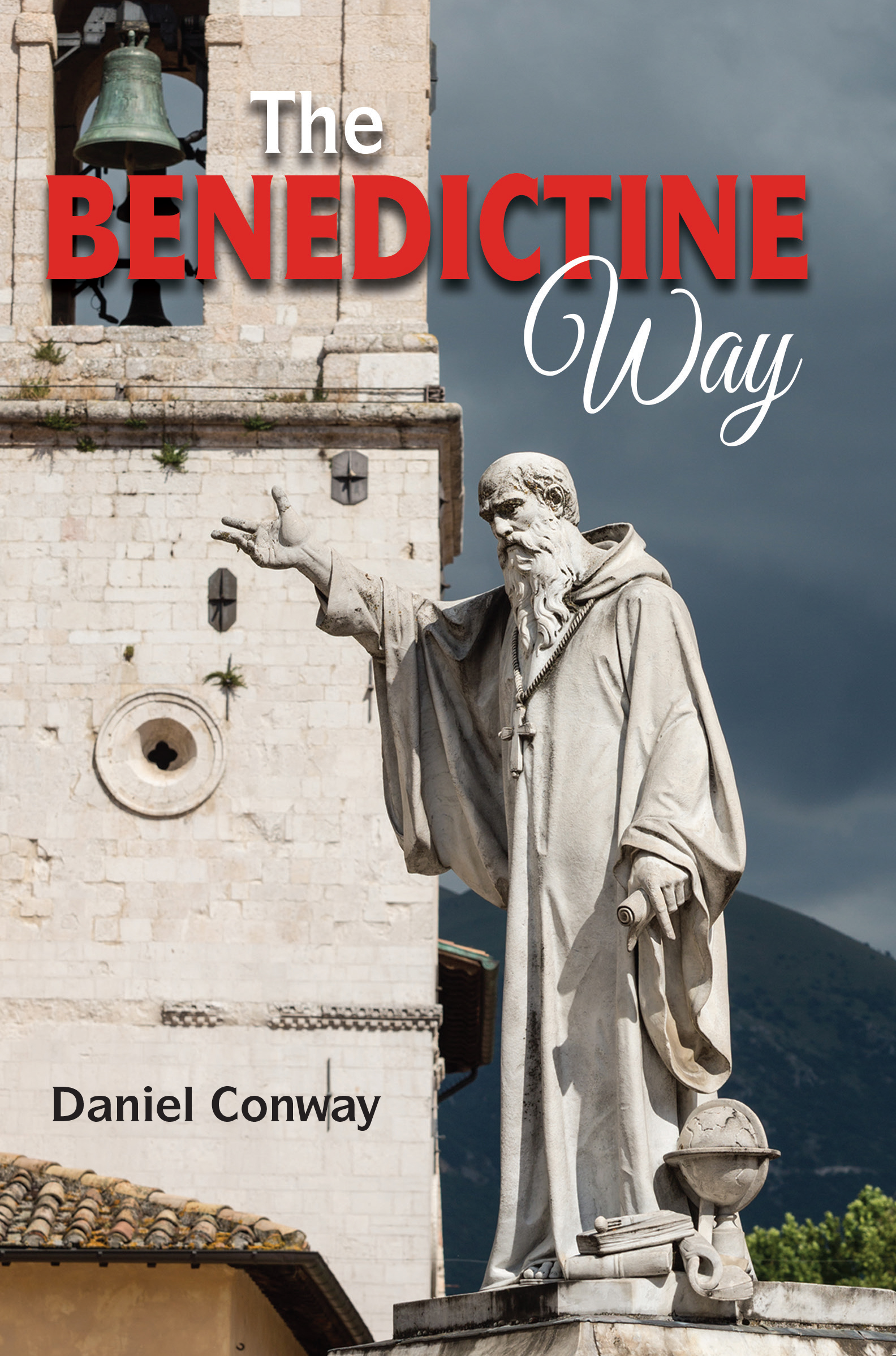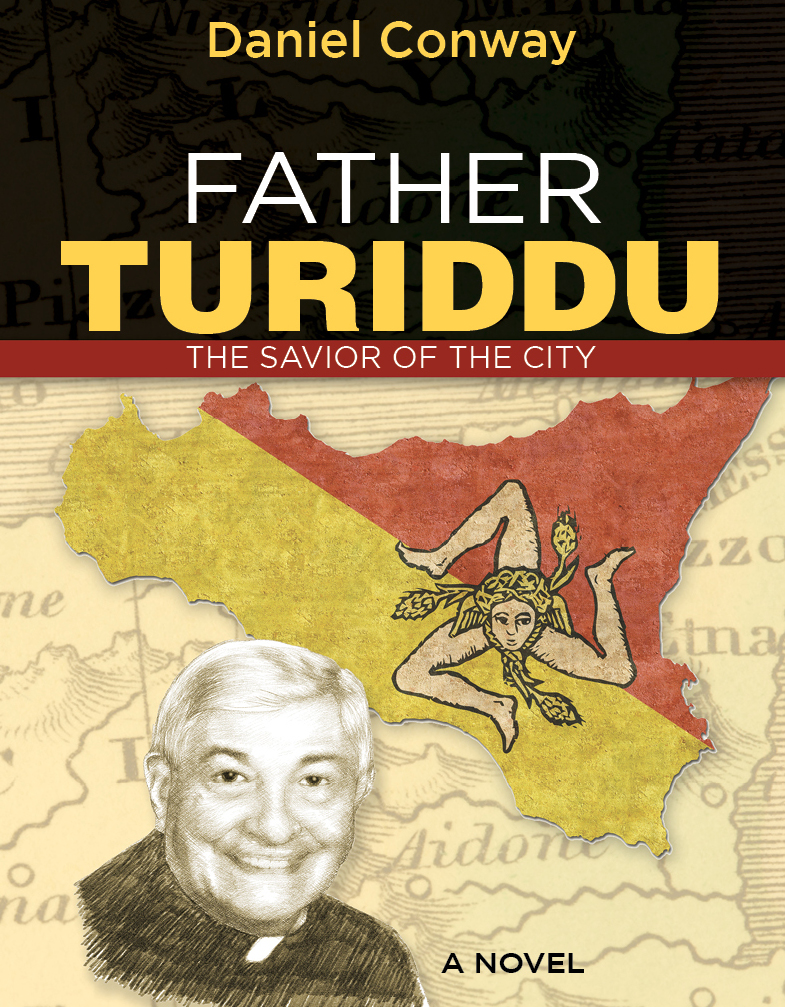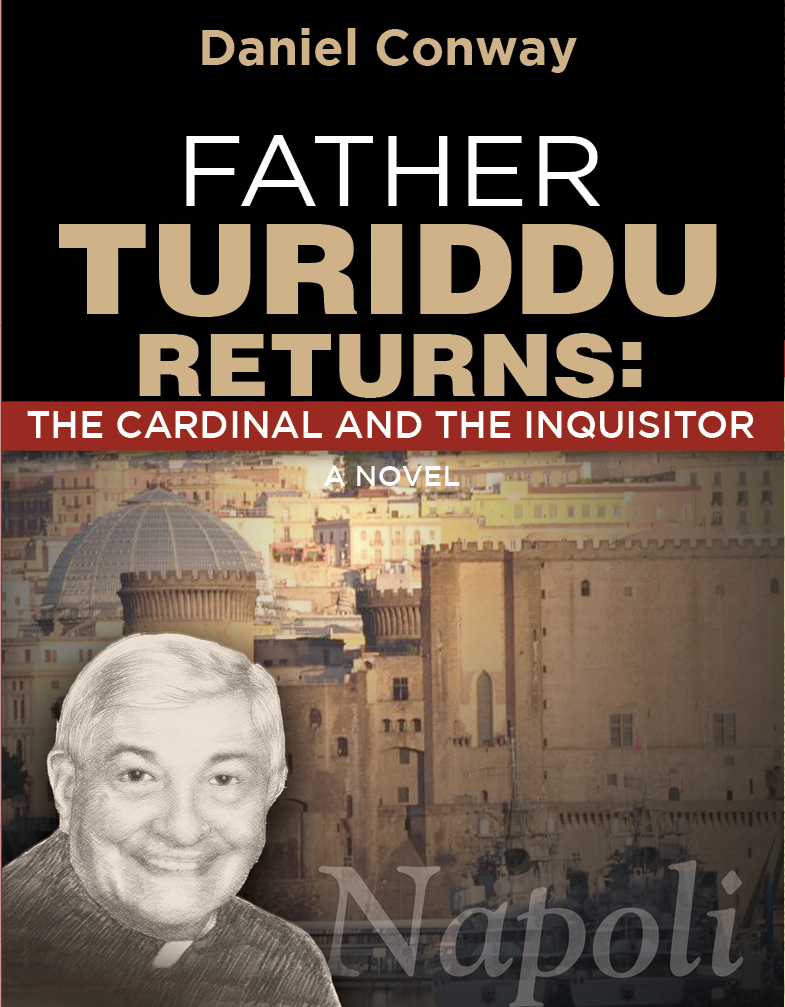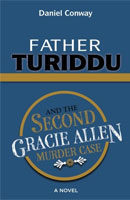We are an immigrant Church, a pilgrim people on a journey of faith, hope and love. We are fellow travelers on the way to our heavenly home. As members of Christ’s body, we are an exceptionally diverse group of people who are called to be faithful stewards of the unity we have been given in Christ (Jn 11:52).
Unity in diversity is the vision that the bishops of the United States proclaimed in Welcoming the Stranger Among Us: Unity in Diversity (WS), which was published in 2000 during the Great Jubilee year. Looking back on the history of Catholicism in our country, the bishops called attention to the waves of immigration that shaped the character of our nation and of our local churches. The bishop’s also observed that the immigrant experience, which is deeply rooted in our country’s religious, social and political history, is changing. Whereas previous immigrants came to the United States, “predominately from Europe or as slaves from Africa, the new immigrants come from Latin America and the Caribbean, Asia and the Pacific islands, the Middle East, Africa, Eastern Europe and the former Soviet Union and Yugoslavia” (WS, p. 1).
During the past half century, these new waves of immigration have challenged our society and our Church to remember where we came from as the descendants of immigrants and where we are headed as people who are on the way to a better life, a more secure world characterized by unity, peace and prosperity for all. As Catholic Christians, “the presence of so many people of so many different cultures and religions in so many different parts of the United States has challenged us as a Church to a profound conversion so that we can become truly a sacrament of unity”
(WS, p. 2).
As a Catholic community, we vigorously support our nation’s right and responsibility to provide secure boundaries for the protection of our people and to guard against those who would do us harm. At the same time, we reject all positions or policies that are anti-immigrant, nativist, ethnocentric or racist. Such narrow and destructive views are profoundly anti-American. They oppose the principles of human dignity and freedom that are the foundation for our American way of life—a way that has historically been extended to all who have come to our shores seeking life, liberty and the pursuit of happiness in a just and prosperous society. These divisive and exclusionary attitudes are also profoundly anti-Catholic. They deny the dignity of human persons who are made in God’s image, and they contradict the essential unity and catholicity to which we are called as members of the one family of God.
Our Church has complementary teachings: the right of a sovereign state to control its borders in furtherance of the common good and the right of human persons to migrate so that they can realize their God-given rights. We recognize that our government must impose reasonable limits on immigration. But the common good is not served when the basic human rights of the individual are violated. Regardless of their legal status, immigrants, like all persons, possess inherent human dignity that should be respected. This is especially true of children.
Every member of the Catholic community regardless of his or her place of origin, ethnic or cultural heritage, economic or social position, and legal status should be welcomed as Christ and should be encouraged to feel a genuine sense of membership and belonging.
When we encounter a stranger, we meet Christ. When we welcome new neighbors, we welcome the Lord who comes to us in and through the needs of others. When we love our neighbor, we discover the face of God and we experience the power of God’s love for us—poured out above all in the sacrificial love of Christ who suffered and died to secure for each of us an everlasting welcome in His father’s house.
On January 22, 1999, in Mexico City, Pope John Paul II stood beneath the figure of Our Lady of Guadalupe and proclaimed a message of hope to all the peoples and nations of the Americas. In his apostolic letter, Ecclesia in America (The Church in America), the Holy Father spoke of the diverse gifts and talents of our people, the natural beauty and vast resources of our land and the many distinctive cultures and traditions that have contributed to the way life is lived in the great metropolitan centers, small towns and rural villages in which we live.
May we always be open and welcoming to others—especially the poor and the vulnerable! May the prayers and example of Our Lady of Guadalupe inspire us to welcome strangers and invite them into our hearts and homes so that we all may be one, as God is one—Father, Son and Holy Spirit.
Copyright © 2017, Daniel Conway Permission is given to copy and distribute this Good Steward Newsletter for use in religious or educational settings provided that proper attribution is given to the author. This publication may not be sold or distributed to the general public without the express permission of the author.

